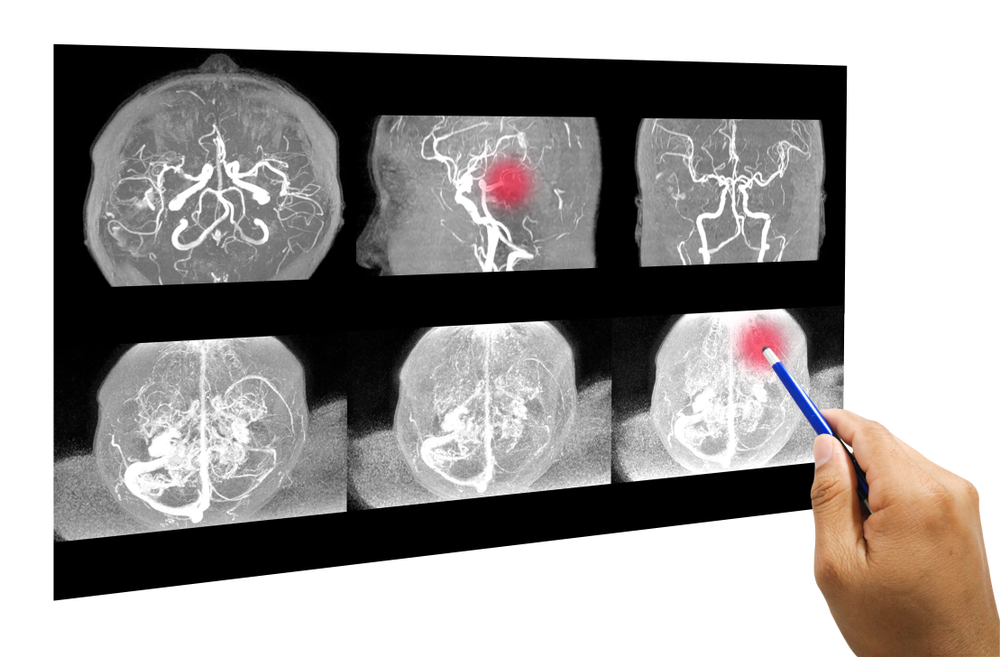
Understanding brain tumor growth opens door for non-surgical treatment

Understanding brain tumor growth opens door for non-surgical treatment. One in 25,000 people worldwide is affected by neurofibromatosis type 2 (NF2), a condition where the loss of a tumor suppressor called Merlin results in multiple tumors in the brain and nervous system.
Sufferers may experience 20 to 30 tumors at any one time and such numbers often lead to hearing loss, disability and eventually death. Currently, the only available effective therapies are repeated invasive surgery or radiotherapy aimed at one tumor at a time and which are unlikely to eradicate all the tumors in one go. NF2 can affect any family, regardless of past history, through gene mutation. There is no cure.
However, a research team from Plymouth University Peninsula Schools of Medicine and Dentistry have moved one step nearer a non-surgical therapy, by identifying for the first time a new group of growth factor receptors that signal to brain tumors.












